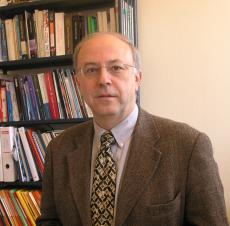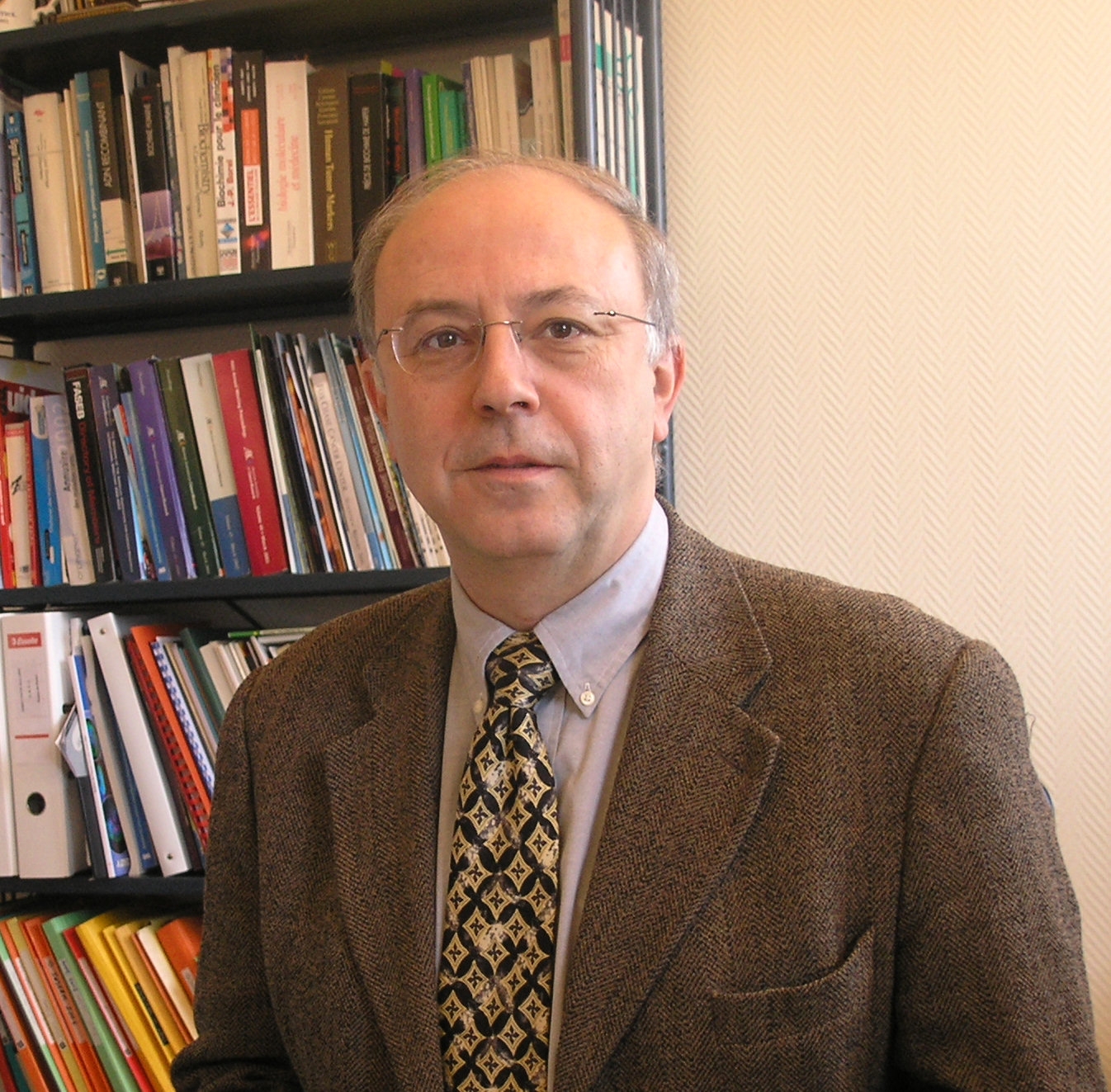CRCT: The Cancer Research Center of Toulouse
Directed by Gilles Favre, director at CNRS. RCCS has 12 research teams and three technical platforms. The opening of the CRCT in early 2014 on the campus of Toulouse-Oncopole Langlade will pursue a triple goal
| Group at a single site all the forces currently forming the Centre. | Attract new international teams and double current research strengths. | Become the epicenter of oncology research thanks to the originality of his project: the absolute symbiosis of research (CRCT) and healthcare (University Cancer Institute, IUC). |
Research - Healthcare: an original symbiosis
This symbiosis between research (CRCT) and care (IUC) will, in time, validate the clinical laboratory results and understand the fundamental mechanisms of clinical observations at the bedside. Main objectives of the originality of the campus: better guide, orientate the specific disease diagnosis for each patient, and especially efficiently channel the proposed therapeutic choice. The geographical proximity of players in the pharmaceutical industry is also a key asset for the CRCT.
The CRCT scientific project
By adopting a holistic approach to cancer from the study of the cell to large cohorts of patients, scientific specificity of CRCT is to organize its research on four major scientific departments:
Department 1: genetic approach.
What triggers the oncogenesis process?
How genetic instability increases as the cancer develops?
How a gene can be predictive of a response in breast cancer?
This fundamental research, exploring essential mechanisms to the development of cancer has long been underestimated. It will lead, ultimately, to the understanding of new mechanisms and new therapeutic approaches.
For a detailed presentation of projects and scientific teams, click on the links below
Department 2: the tumor and its environment.
Healthy cells around a tumor and the molecules secreted by the latter are key elements in the development of cancers. This recent vision, based on the tumor and its environment, has led to profound changes in the perception of tumors.
Example: angiogenesis. Tumors trigger proliferation of blood vessels - with molecular characteristics different from healthy vessels - to supply vital resources. By controlling proliferation, researchers hope to "starve" the tumor and, through them, block their growth.
Many other targets will be studied. The collaborations between clinicians and researchers in this new framework will take a new dimension.
Partners in this department: Sanofi, which studies the characteristics of cancer cells in their microenvironment (Gilles Favre, Françoise Bono).CRCT and Sanofi pool their logistics.
For a detailed presentation of projects and scientific teams, click on the links below
- UMR 1037 Team 3, led by Gilles Favre. «Rho GTPases in tumor progression».
- UMR 1037, Team 4, led by Thierry Levade. «Sphingolipids, dead cell and tumor progression." UMR 1037, Team 5, led by Hervé Prats."Tumor Angiogenesis and control of gene expression.»
- UMR 1037 : Equipe 5 : H. Prats: Angiogenesis & control of gene expression
- UMR 1037, Team 6, led by Stéphane Pyronnet."PI3K dependent signaling and translational control in pancreatic and pituitary tumors.
- UMR 1037 : Equipe 17 (having the status of "emergence") : J. Guillermet-Guibert : SIGDYN Group - PI3K isoforms, signalling & cancerogenesis
Department 3: hematology and immunology.
The target is twofold:
- Cells become tumor (blood cells are affected in leukemias and lymphomas)
- Cells of the immune system responsible to play an anti-tumor role.
From tumor banks and after cloning, researchers identify abnormalities, several common denominators of tumors or specific tumor types. The goal: to study the mechanisms of tumor genesis and mechanisms of resistance to treatment. The department focuses on a delicate target: cancer cells to be destroyed while preserving healthy cells. Today, 80% of hematologic cancers are treated but there are many relapses. Each cancer has its own characteristics.
Partners in this department: Pierre Fabre and Sanofi Laboratoires for the treatment of certain lymphomas in the LABEX TOUCAN.
Clinical research with ROCHE.
ITAV for cell cycle actors regulating.
For a detailed presentation of projects and scientific teams, click on the links below
- UMR 1037, Team 7, led by Pierre Brousset. « Molecular Genetics of hematopoietic tumors. «
- UMR 1037, Team 8, led by Stéphane Manenti and Christian Récher. « Signalling and Cell Cycle in hematologic malignancies: application to the treatment of leukemia ».
- UMR 1037, Team 9, directed by Jean-Jacques Fournié. « B tumors therapeutic immunotargeting .»
- UMR 1037 : Equipe 16 (having the status of "emergence") : E. Delabesse : Alteration of transcription factors in acute leukemias
- UMR 1037 : Equipe 18 (having the status of "emergence") : J.E Sarry/C.Récher : Resist@ML : drug resistance, stem cells & metabolism in cute myeloid leukemia
Department 4: Experimental Therapeutics.
Main missions:
- Elucidate the molecular mechanisms involved in tumor resistance to existing therapies (chemotherapy, radiotherapy, drugs ...),
- Provide new therapeutic targets.
Supported by a translational research, the department is composed of clinicians involved in research. Rapid interchanges between the patient and the laboratory are facilitated. The results, validated by experimentation, will then directly benefit the patient. In conjunction with other departments, it helps refine the relevance of the link between a treatment and a given tumor.
For a detailed presentation of projects and scientific teams, click on the links below
- UMR 1037, Team 10, led by Louis Buscail. « Molecular markers and biological therapy of pancreatic cancer and hepatocellular carcinoma ».
- UMR 1037, Team 11, led by Elizabeth Cohen-Jonathan Moyal. « Radioresistance tumor, signaling pathways in the clinical trial».
- UMR 1037, 12 team, led by Marc Poirot. « Metabolism of sterols and therapeutic innovations in oncology ».
- UMR 1037 : Equipe 13 : H. Avet Loiseau : Pharmacogenomics of multiple myeloma
- UMR 1037 : Equipe 15 : M. Bardiès : Multiresolution dosimetry for radiotherapy optimization
Inserm, owner of the CRCT and of the Regional Centre for Exploration and Experimental Functional Resources (CREFRE)
Inserm has been requested by the Ministry of Research and Health as well as by the different partners for the project management of the construction project as a whole (CRCT + CREFRE). The architect chosen, Franck Vialet, has thought a functional design for the buildings:
- To integrate the building into the site,
- Identify the building of the public research
- Integrate sustainable development concerns by limiting energy consumption and vegetating part of terraces,
- Organize to the best research facilities
- Contact the IUC to enable the exchange and sharing of some scientific equipment.
The CRCT and CREFRE real estate project
Area: 13,000 m2 including:
- 10,500 m² of research laboratories + technology platforms
- 2,500 m² dedicated to CREFRE
- Technical facilities: located on different sites in the Greater Toulouse (CHU Purpan Rangueil, Institut Claudius Regaud, IPBS, campus of the University of Toulouse III-Paul Sabatier).
- Cost of the project financed in the framework of CPER 2007-2013 : €41 million, including:
- The French government (ministries, Inserm, CNRS, DATAR): €11.5 million
- Local authorities (Regional Council, Grand Toulouse): € 18.6 millionEurope via the FEDER: €10.9 million
- Europe via le FEDER : 10,9 M€
Testimony

Testimony

There will be real advances for patients only through research that unites clinics, biology and the basic sciences. It is in this sense that the Oncopole is building the oncology of the future.
Gilles Favre, Director of CRCT
